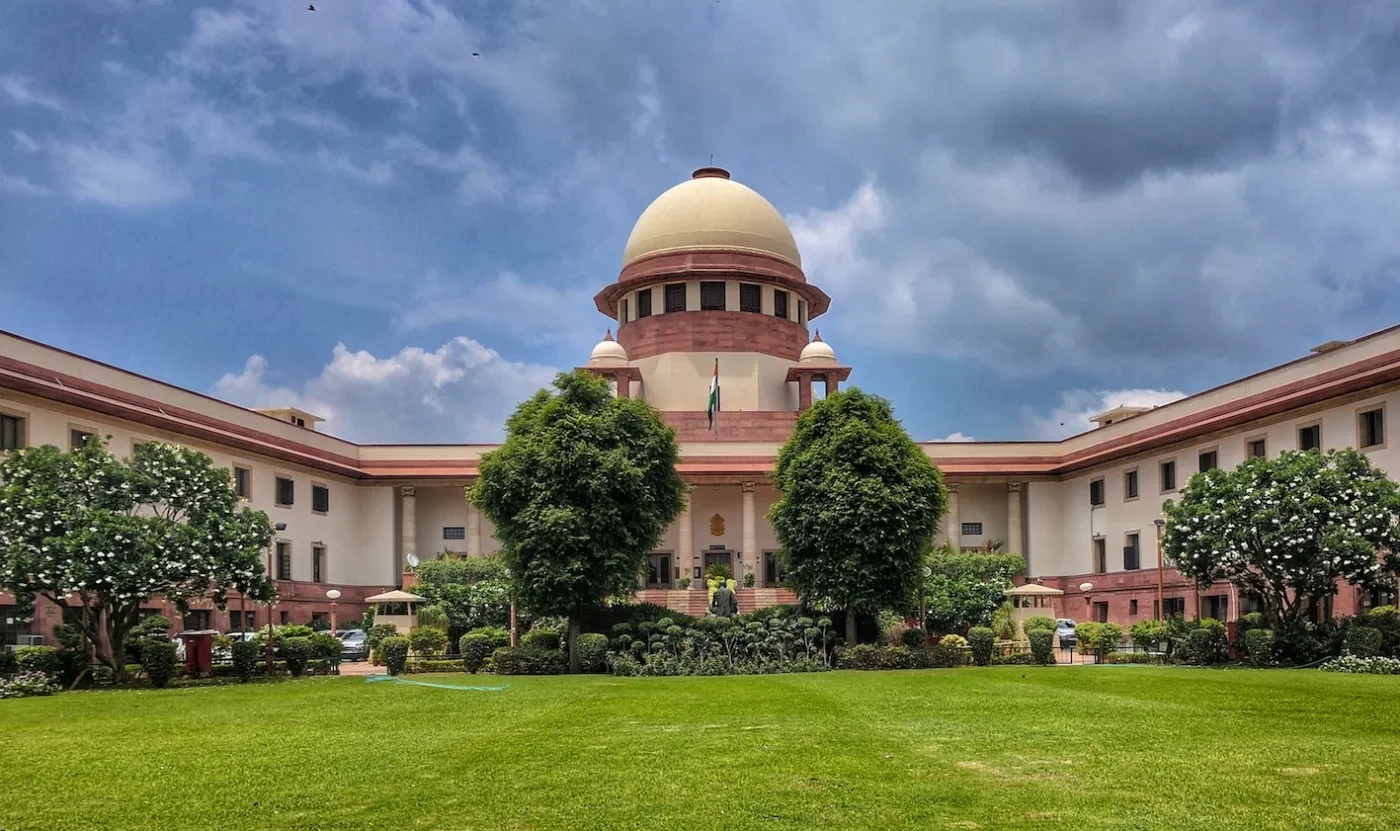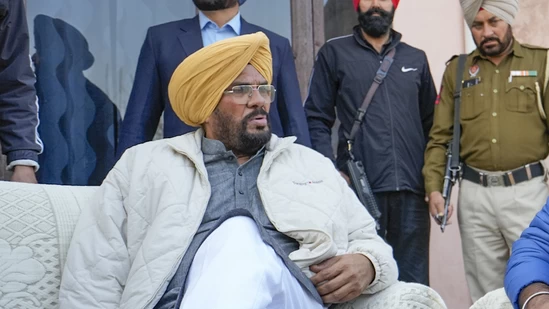Latest Updates
“Executive cannot pronounce a person guilty…”: Supreme Court Criticizes 'Bulldozer Justice', Sets Strict Guidelines for Property Demolitions

The Supreme Court on Wednesday strongly condemned the practice of “bulldozer justice,” where authorities demolish a person's property simply based on an accusation of crime. In a significant ruling, the apex court stated that such actions undermine the rule of law and emphasized that public officials involved in such demolitions must be held accountable. A bench comprising Justices BR Gavai and KV Viswanathan made it clear that the Executive cannot bypass the judiciary in deciding guilt.
"The rule of law is the foundation of a democratic government," the court observed. It highlighted that legal processes should not prejudge the guilt of an accused individual. "The executive cannot pronounce a person guilty. Only on the basis of accusation, if the executive demolishes the property of the person, it will strike at the principle of rule of law," the bench stated.
The apex court noted that the fundamental question was whether the executive should be allowed to take away someone's home on mere accusations. Justice Gavai emphasized that for every family, owning a home is a dream, and demolishing such a home without due legal process was a violation of basic rights. "It is not a happy sight to see women, children, and ailing persons dragged to the streets overnight," the court remarked.
In its judgment, the Supreme Court outlined clear guidelines for carrying out demolitions in a manner that respects legal rights. The court emphasized that before any demolition, property owners must be given adequate time to contest the order or vacate the premises. It clarified that this process should be followed unless the property in question obstructs public spaces like roads, water passages, or railway lines.
Guidelines for Property Demolitions
1. Notice Period: The Supreme Court stated that before demolishing any property, authorities must issue a show cause notice to the property owner. The notice should be posted on the property itself, and the owner should be given 15 days to either vacate or challenge the decision.
2. Digital Documentation: To ensure transparency and prevent allegations of misconduct, the court directed that once the notice is served, the authorities must inform the office of the District Collector or Magistrate via email. An auto-generated acknowledgment of receipt must be sent by the office of the Collector or DM.
3. Personal Hearing: The court ruled that property owners must be given the opportunity for a personal hearing before any demolition. The proceedings of the hearing must be recorded, and the final order for demolition should include specific reasons explaining why this extreme measure was necessary.
4. Opportunity to Remove Unauthorized Structures: If the demolition is based on unauthorized construction, the property owner should be given a chance to remove the illegal part of the structure before demolition begins. The authorities must not carry out the demolition before a 15-day period.
5. Partial Demolition Only: The demolition should be limited to the portion of the property that is illegally constructed. A detailed report must be prepared by the authorities, and the entire demolition process should be videographed and documented.
6. Liability for Violations: If the demolition process violates any of the court's guidelines, the authorities responsible will be held personally liable for the restitution of the property.
The Supreme Court’s ruling comes in response to several petitions challenging the extrajudicial nature of demolitions carried out by authorities in various states, which were often justified as targeting illegal structures. However, the court stressed that such actions must follow due process and cannot be based solely on allegations or accusations. In its ruling, the court emphasized the importance of safeguarding individuals' right to their homes and preventing arbitrary actions by the state. “Heavens would not fall on the authorities if they hold their hands for some period,” Justice Gavai remarked, underscoring the need for due process and fairness in such matters.





.webp)



